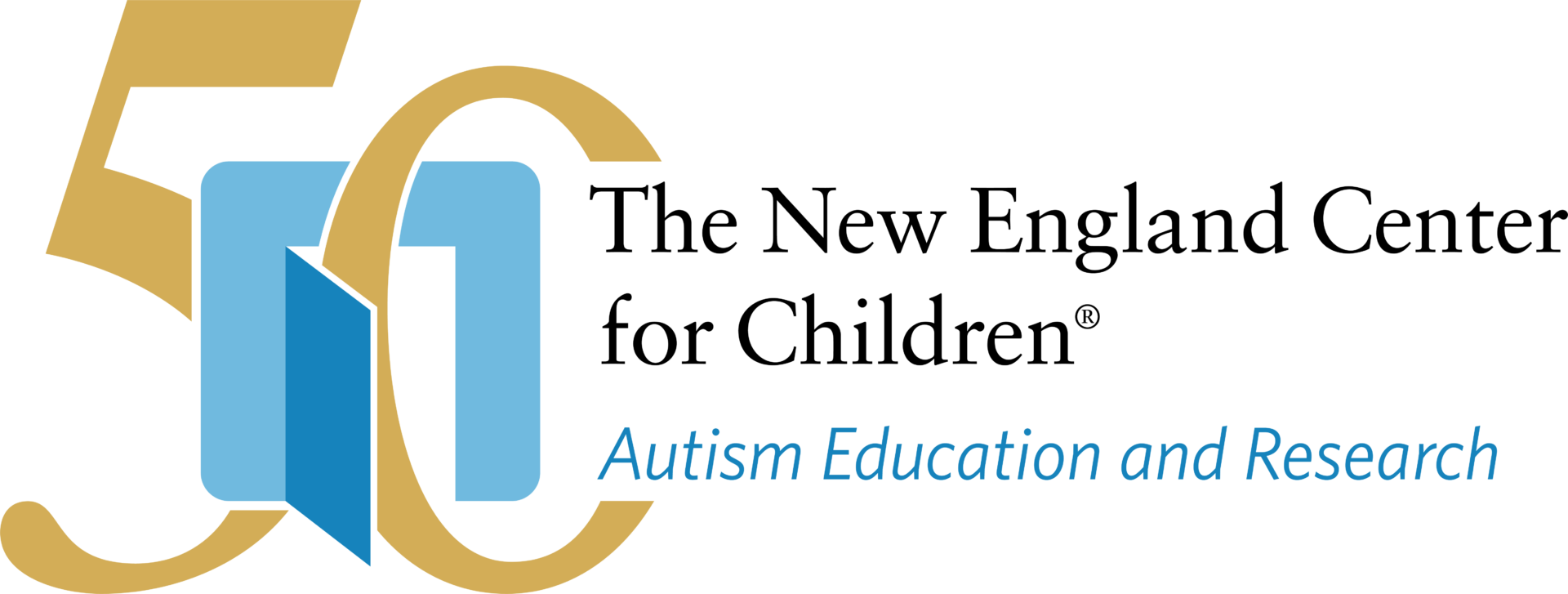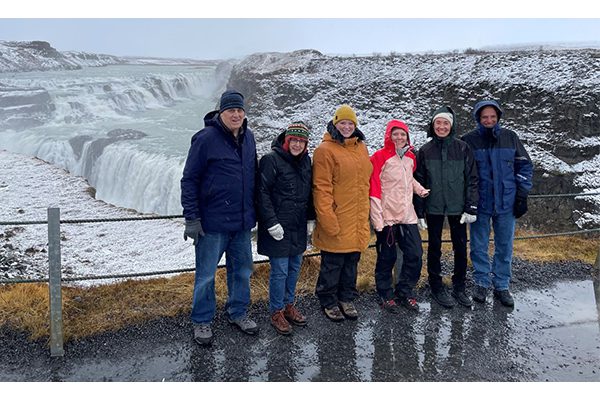Rebecca MacDonald, PhD, BCBA-D, LABA, a licensed clinical psychologist and program director and director of the Infant Sibling Research Project at NECC, has been presenting her research on establishing social skills in children with autism for over 30 years. In November 2021 she was invited to present in Iceland at their Annual Meeting for Behavior Analysts (IceABA).
In her presentation titled “Early Markers of Autism in Infant Siblings,” she shared data from her most resent research on identifying early symptoms of autism. Dr. MacDonald and her colleagues have developed an assessment tool for evaluation the early social behavior of infants called the Early Markers of Autism (EMA). The infants enrolled in her study are at higher risk for autism because they have a sibling with an autism diagnosis. According to Dr. MacDonald, siblings are 20 percent more likely to receive an autism diagnosis by their third birthday than infants who do not have a sibling with autism.
Dr. MacDonald’s work begins during the first few months of life; the infants who are enrolled in the study must begin before they are 3 months old. She conducts direct assessments in each child’s home bi-weekly and follows these infants until their third birthday. In her work, she has found that some infants show early signs as young as 8 weeks old. With parent coaching and modeling, some infants can acquire the missing skills and go on to be typically developed toddlers.
Dr. MacDonald has been conducting research in the field of early detection and treatment of autism for over 20 years. In her earlier research, which was published in 2014, she showed that beginning treatment during the second year of life can result in best outcomes. Because the average age of a diagnosis in the United States is still 4 years of age, the development of an early detection tool such as the EMA provides the opportunity to screen babies early and begin treatment very early. According to Dr. MacDonald, this line of research has the potential for being a game changer for the field of autism.

